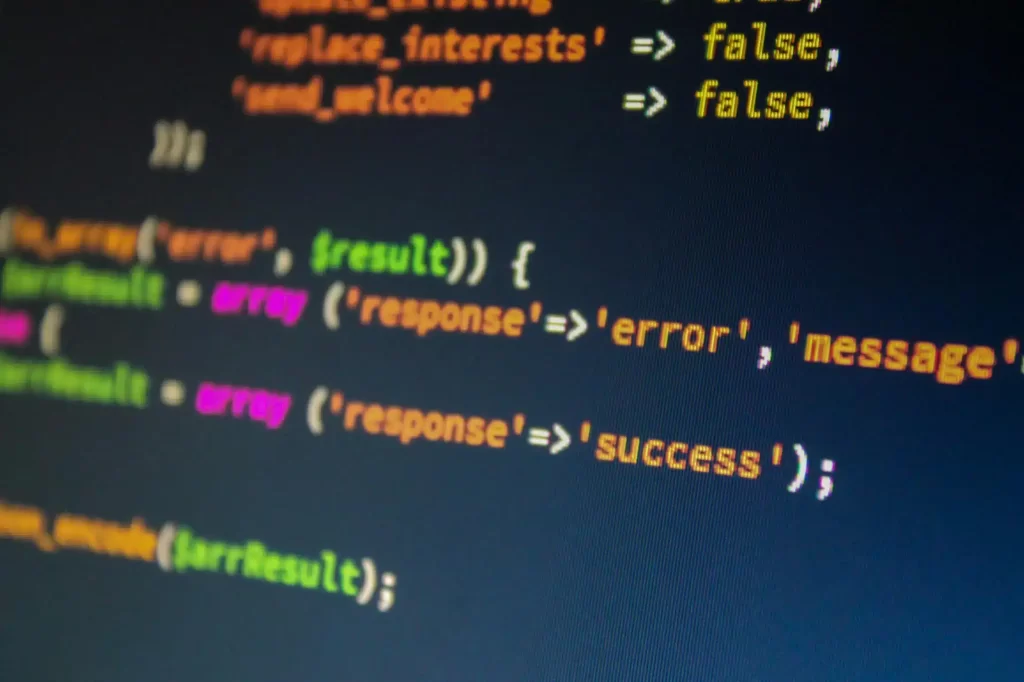Unleashing the Power of Laravel: A Comprehensive Guide to Modern Web Development
Laravel, known for its elegant syntax and powerful features, has emerged as a leading PHP framework. For building robust and scalable web applications. In this comprehensive guide, we will explore the key features, benefits, and best practices of Laravel. Empowering developers to harness its full potential in modern web development.
Understanding Laravel: The PHP Framework of Choice
Laravel stands out for its expressive syntax, developer-friendly approach, and rich ecosystem of tools and libraries. Built with a focus on simplicity, flexibility, and performance. Laravel streamlines the web development process and enables developers to create sophisticated applications with ease.
Key Features of Laravel
- MVC Architecture: Laravel follows the Model-View-Controller (MVC) architectural pattern. Separating the application’s logic from its presentation layer for improved maintainability and scalability.
- Eloquent ORM: Laravel’s Eloquent ORM simplifies database interactions by providing an intuitive ActiveRecord implementation for working with databases.
- Blade Templating Engine: Blade, Laravel’s lightweight templating engine, offers a simple yet powerful syntax for creating dynamic views and layouts.
- Routing: Laravel’s expressive routing system allows developers to define application routes using a concise and readable syntax.
- Middleware: Middleware in Laravel provides a flexible mechanism for filtering HTTP requests entering your application.
Benefits of Using Laravel
- Rapid Development: Laravel’s built-in features like authentication, routing, and caching accelerate the development process, enabling developers to build applications quickly.
- Modularity: Laravel’s modular structure and extensive library of packages allow developers to extend functionality easily and integrate third-party components seamlessly.
- Security: Laravel prioritizes security with features like CSRF protection, encryption, and secure authentication mechanisms to safeguard applications against common vulnerabilities.
- Community Support: With a vibrant community of developers and extensive documentation. Laravel offers ample resources for learning, troubleshooting, and staying updated on best practices.
Best Practices in Laravel Development
- Code Organization: Follow Laravel’s conventions for organizing code into controllers, models, views, and routes. To maintain a clean and structured codebase.
- Database Migrations: Use Laravel’s migration feature to manage database schema changes effectively and ensure consistency across environments.
- Testing: Embrace test-driven development (TDD) with Laravel’s testing tools like PHPUnit to write robust tests that validate application functionality.
- Optimization: Implement caching mechanisms, database indexing, and performance optimizations to enhance application speed and efficiency.
Conclusion: Elevating Web Development with Laravel
In conclusion, Laravel stands as a versatile and powerful framework. That empowers developers to create modern web applications efficiently and effectively. By leveraging its rich feature set, elegant syntax, and robust ecosystem of tools. Developers can unlock new possibilities in web development and deliver exceptional digital experiences to users.
Let’s continue exploring the endless possibilities of Laravel together. Embark on a journey towards mastering modern web development with this cutting-edge PHP framework!


